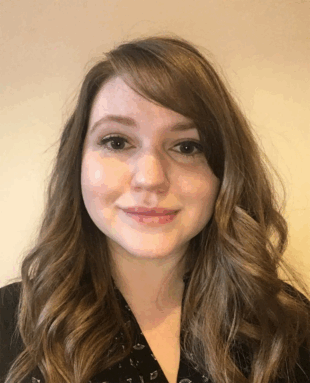
I’m a Senior Advice and Support Officer at Become, the national charity supporting every young person who has experienced the care system.
I've worked in further and higher institutions for over 12 years, with nearly 10 of those years working with young people from care backgrounds. I wanted to use my knowledge of colleges and universities to help these young people achieve their educational goals.
Through Become’s Propel into Education service, I know how exciting and stressful the next couple of weeks will be. It’s not just about getting into university. It’s about moving into independence but also worrying about “what will happen if I don’t get the results I need, where will I live and who can I turn to?”
Barriers young people in care face
Sitting exams can be challenging for children in care. Frequent home and school moves disrupt education and end meaningful relationships with others. Then there’s the care cliff edge, when those who have reached 18 must live independently with little support, often holding down jobs while studying somewhere with no Wi-Fi, laptop, or a quiet space.
I’ve seen how these barriers make it harder for young people to believe they can succeed academically, adding to the harmful stigma they already face.
Supporting young people’s university journey
In my role, I offer one-to-one support accessing higher and further education. I advise on UCAS forms, which universities provide year-round accommodation, and connect young people with relevant university staff.
Overcoming a lack of self-belief is a big hurdle. Many university outreach teams include student ambassadors who have experienced the care system and this makes a big difference; young people see someone like them at university, and suddenly it feels possible.
By results day, my colleagues and I will have already provided Plan B sessions on clearing and we’re available for support. I recently worked with someone on our Uni Ready Programme, supporting them through university choices and more. They said our work helped them understand the process much better; they've just finished their first year and are thriving.
Finance is a huge barrier for many. At Become, I also provide guidance on university bursaries, grants, and additional funding sources. I recently helped one young person secure funding from the Leatherseller's Foundation, which will make a huge impact when they start their course this September.
Improving university access for care leavers
I'd love to see foster carers, social workers, and personal advisors suggesting university earlier and attending open days with young people. Every university should have dedicated webpages and staff for students who have experienced the care system.
For results day, I'll be working alongside these young people, helping them plan, prepare, and believe in their potential. Working in this field is extremely rewarding as I can see the change in confidence as young people begin to believe they can succeed.
The Department for Education (DfE) continues to work with key sector stakeholders, such as UUK, Sutton Trust, UCAS, and the Russell Group who are co-leading on a drive to improve the transparency of, and consistency of approach to contextual admissions. This is a positive progression within the higher education (HE) admissions system, to bring equity of opportunity to all who wish to study at HE.
DfE is determined to improve outcomes for care leavers. It is committed to ensuring that young people leaving care have stable homes, access to health services, support to build lifelong loving relationships, and are engaged in education, employment and training.
For more information and practical support on supporting young people on results day, visit the Education Hub.